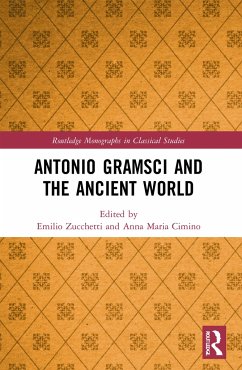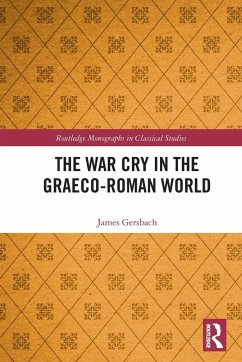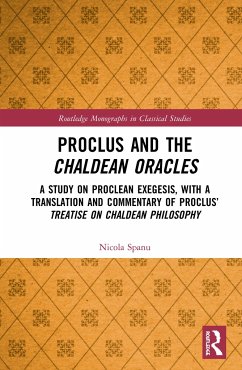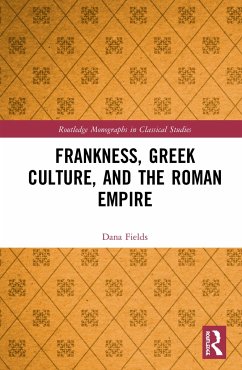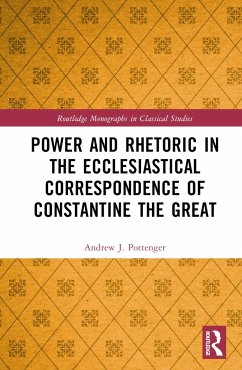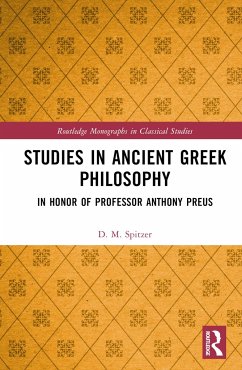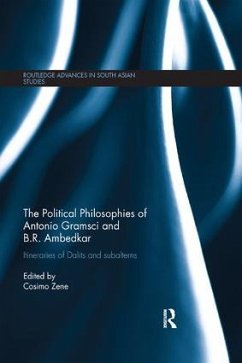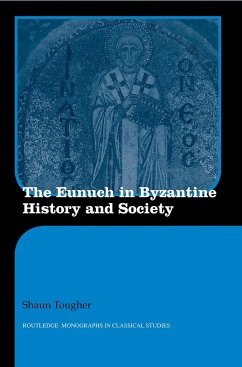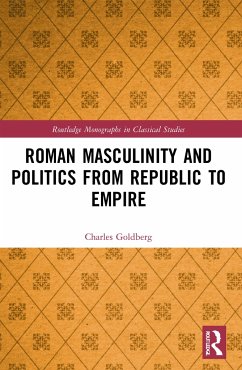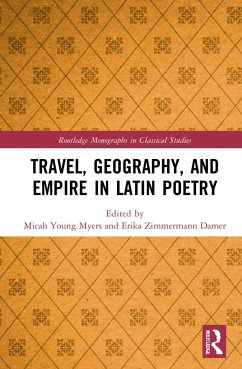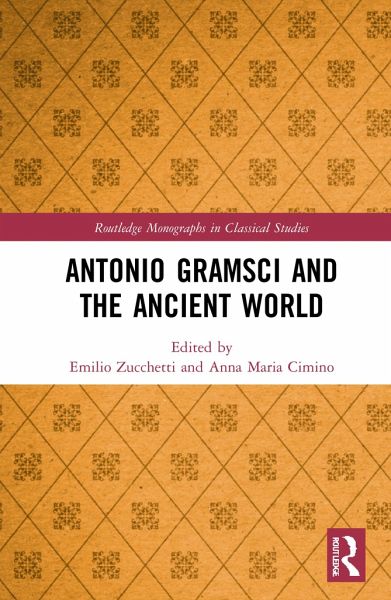
Gebundenes Buch
Antonio Gramsci and the Ancient World
Versandkostenfrei!
Versandfertig in 1-2 Wochen

PAYBACK Punkte
84 °P sammeln!




Antonio Gramsci and the Ancient World explores the relationship between the work of the Italian Marxist thinker Antonio Gramsci and the study of classical antiquity.
Emilio Zucchetti is Germanicus Scholar of the Society for the Promotion of Roman Studies (London, UK) and Teaching Assistant at Newcastle University, UK. Anna Maria Cimino is a PhD student in Classics at the Scuola Normale Superiore in Pisa, Italy.
Produktdetails
- Routledge Monographs in Classical Studies
- Verlag: Taylor & Francis Ltd
- Seitenzahl: 402
- Erscheinungstermin: 15. Juni 2021
- Englisch
- Abmessung: 240mm x 161mm x 26mm
- Gewicht: 708g
- ISBN-13: 9780367193140
- ISBN-10: 0367193140
- Artikelnr.: 66223679
Herstellerkennzeichnung
Libri GmbH
Europaallee 1
36244 Bad Hersfeld
gpsr@libri.de
Für dieses Produkt wurde noch keine Bewertung abgegeben. Wir würden uns sehr freuen, wenn du die erste Bewertung schreibst!
Eine Bewertung schreiben
Eine Bewertung schreiben
Andere Kunden interessierten sich für


